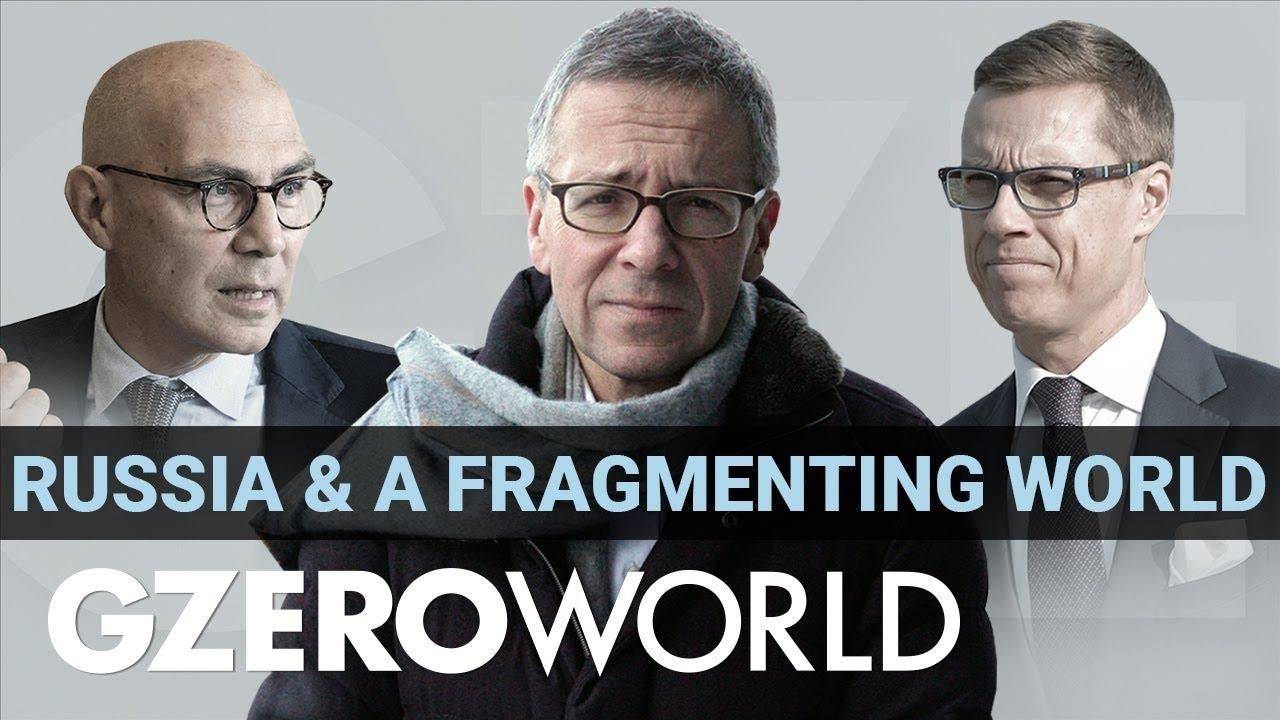GZERO World with Ian Bremmer
Russia's tragic brutality and the humbling of the West

Russia's Tragic Brutality & The Humbling of The West | GZERO World with Ian Bremmer

After two years, we returned to Davos, braving the Swiss mountain cold for the World Economic Forum's annual meeting.
The 2023 WEF is all about "polycrisis," which in WEF-speak means many crises all at once, which compound each other, like tangled knots. But how do you untangle those knots?
That's a question that the world's business and political elite is struggling with at a time when the globalization they adore is being questioned by the developing world.
On GZERO World, Ian Bremmer speaks to former Finnish PM Alexander Stubb in Davos. Stubb analyzes why Crimea is crucial for Ukraine to win the war against Russia and why Finland views its eastern neighbor with suspicion.
Ian also interviews Volker Türk, the UN's high commissioner for human rights, who (for a UN official) is surprisingly candid about the Security Council's track record so far on Ukraine.
How widely is AI actually being used, and where is adoption falling behind? Speaking at the 2026 World Economic Forum in Davos, Brad Smith, Vice Chair and President of Microsoft, outlined how AI adoption can be measured through what he calls a “diffusion index.”
AI adoption is accelerating worldwide, but “diffusion” isn’t just about who has the best models. It’s about who has the basics: affordable power, reliable connectivity, and the skills to actually use AI. In a new GZERO Media Global Stage livestream from the 2026 World Economic Forum in Davos, Switzerland, CNN’s Richard Quest moderates a clear-eyed discussion on what it will take to broaden AI access, and what happens if the gap widens.
Now that we are all on same page. #PUPPETREGIME